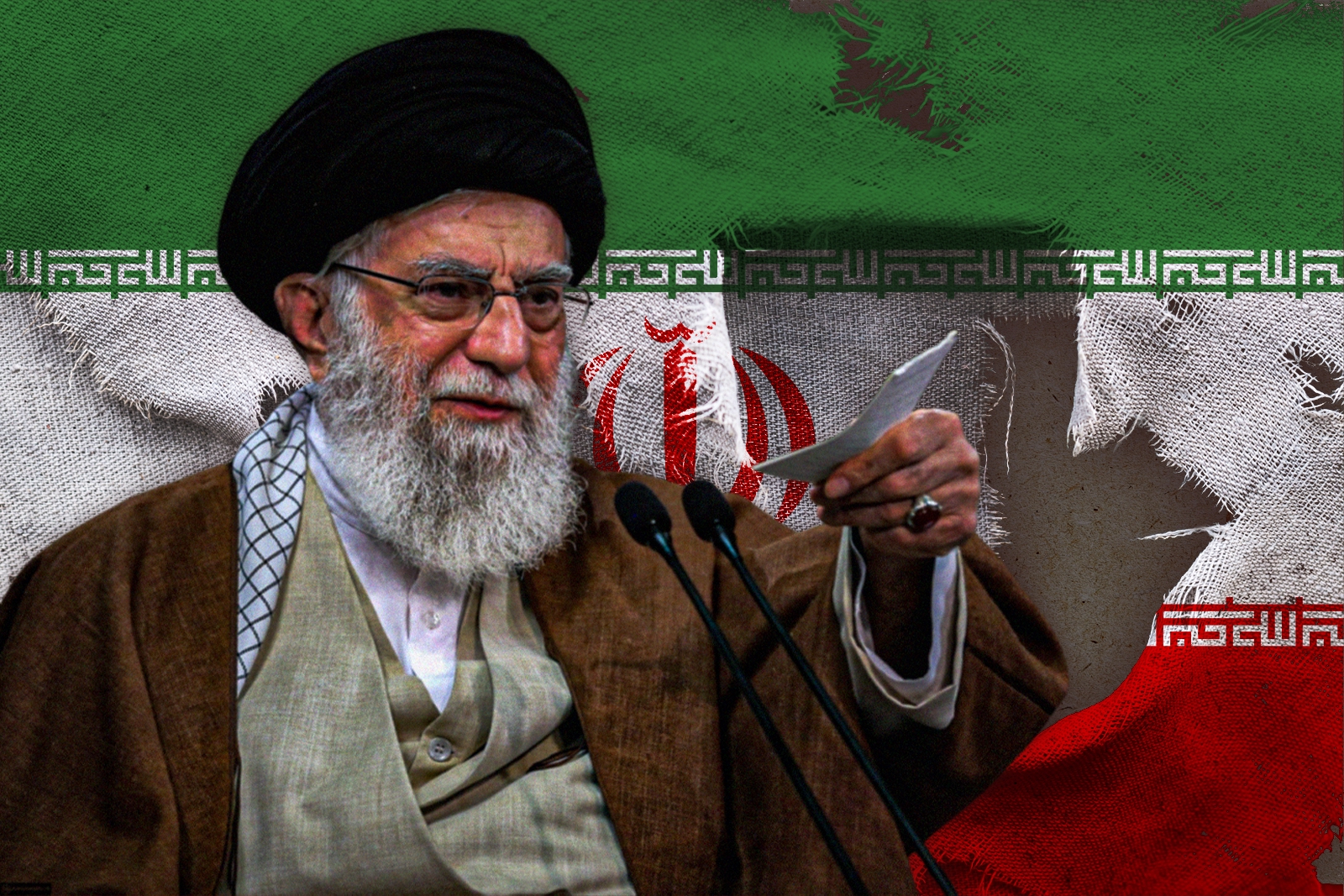
Voices from the Noose: Iran’s Struggle Against Oppression
In the shadowed corridors of Iran’s so-called Revolutionary Courts, a grim tableau of injustice unfolds—a chillingly familiar yet increasingly dire scenario as Tehran escalates its suppression of dissent through the machinery of death.
Recently, six political prisoners—Abolhassan Montazer, Pouya Ghobadi, Vahid Bani-Amerian, Babak Alipour, Ali Akbar Daneshvarkar, and Mohammad Taghavi—were sentenced to execution. This decision epitomizes a regime’s brutality and its paranoia-fueled desperation to crush resistance.
The international community watches, often with detached concern, as Iran perpetuates its legacy of human rights abuses. The charges against these six men—ranging from membership in prominent Iranian opposition groups to “armed rebellion against the government”—are severe and emblematic of a broader campaign to criminalize dissent and legitimize draconian punishments. These individuals, professionals in their fields and defiant in their resistance to the regime’s brutality, embody the resilience of a populace yearning for change but shackled by autocratic power.
This sentencing is not an isolated incident but a continuation of a distressing pattern where the Iranian judiciary systematically targets activists, intellectuals, and anyone daring to oppose the theocratic dictatorship. The judiciary functions not to administer justice but to perpetrate legalistic terror, aiming to instill a pervasive fear among the Iranian people.
Take Abolhassan Montazer, a 65-year-old architect and a recurring political prisoner since the 1980s, now grappling with multiple health conditions exacerbated by continual incarceration. Or Pouya Ghobadi, a young electrical engineer whose only crime was aspiring to a democratic Iran. These individuals are not just statistics or distant headlines; they are poignant representations of the human cost of Iran’s political repression.
Amid this atmosphere of repression, a letter from 40 political prisoners, many of whom have faced the shadow of the noose, vehemently condemned the death sentences and declared unwavering solidarity with the six resistance activists. Their letter called upon all Iranians to resist and protest these inhumane punishments. This act of defiance from within one of Iran’s most notorious prisons underscores the growing domestic opposition to the regime’s tyranny. It highlights the urgent need for the international community to support these brave souls advocating for fundamental human rights and dignity.
The gravity of the situation has mobilized international concern. A letter addressed to Mai Sato, the UN Special Rapporteur on Iran, signed by 160 human rights experts and NGOs, demanded immediate and unequivocal action. This collective appeal underscores the necessity of ending the culture of impunity that the Iranian authorities have enjoyed for over 45 years and holding the regime accountable for its atrocities, including crimes against humanity and genocide, as highlighted in the July 2024 report by the UN Special Rapporteur on Iran.
The international response to these atrocities has been tepid. Condemnations and sanctions have done little to alter the regime’s course, only solidifying its resolve to crush dissent while projecting a façade of control to the outside world. However, silence or passive responses to these judicial killings will only embolden the regime further.
The UN Security Council, the High Commissioner for Human Rights, the UN Human Rights Council, and other relevant bodies must move beyond routine expressions of concern. Concrete action is required—an action that challenges the very foundation of impunity upon which the Iranian regime operates. This should include stringent sanctions targeting officials directly responsible for human rights violations, international warrants for their arrest, and an unequivocal demand for the cessation of violence against political prisoners.
Moreover, the global community, particularly the United Kingdom, the European Union, and its member states, which have historically championed human rights, must reevaluate their diplomatic engagements with Iran. It’s insufficient to negotiate on nuclear capabilities while ignoring the regime’s egregious domestic conduct. A consistent and coherent approach is necessary—one that holds Iran accountable for all facets of its governance, from nuclear ambitions to human rights practices. These are two sides of the same coin.
The ordeal faced by these six prisoners of conscience mirrors the broader struggle within Iran itself, serving as a stark illustration of the resilience and burgeoning strength of resistance against the state’s extensive repressive measures. Advocates for justice, freedom, and human dignity must rally to support these voices that tyranny seeks to stifle, ensuring that their calls for freedom are not lost in the void of international politics.
As Iran’s politics of terror crumble, both domestically and abroad, the world must raise its voice to champion the nation’s future—a future where fear and oppression are relics of the past. Now is the time to stand with the Iranian people, not as passive observers to their suffering but as active participants in their quest for liberty and justice.
